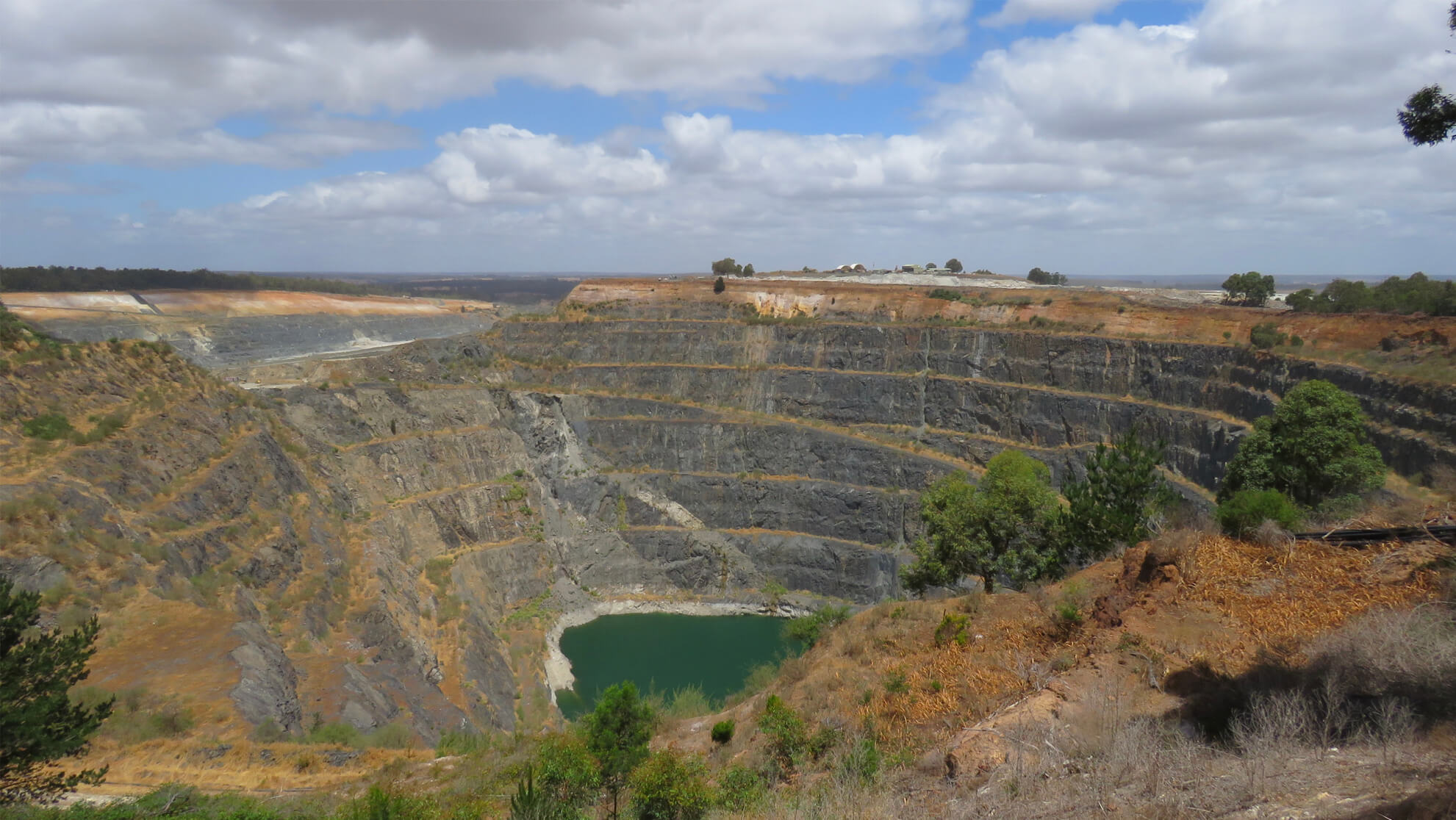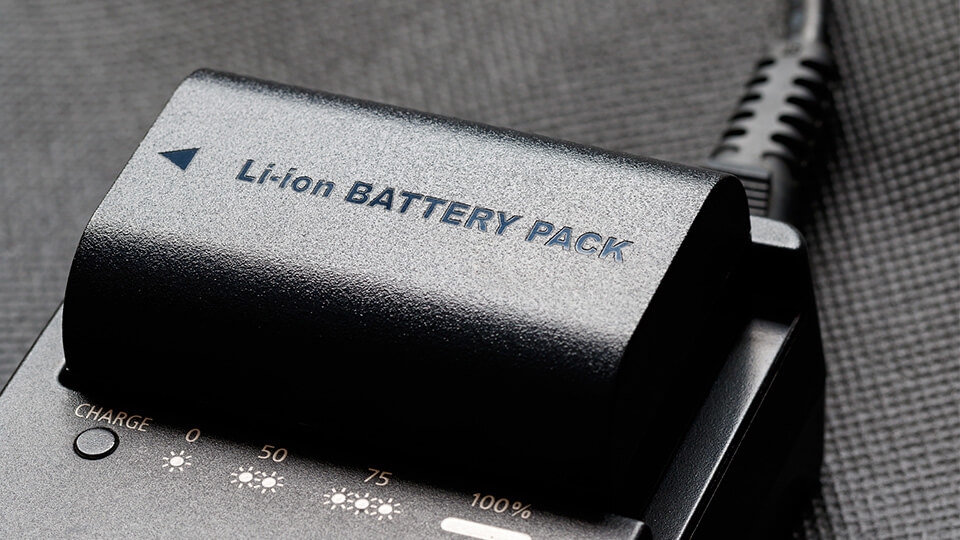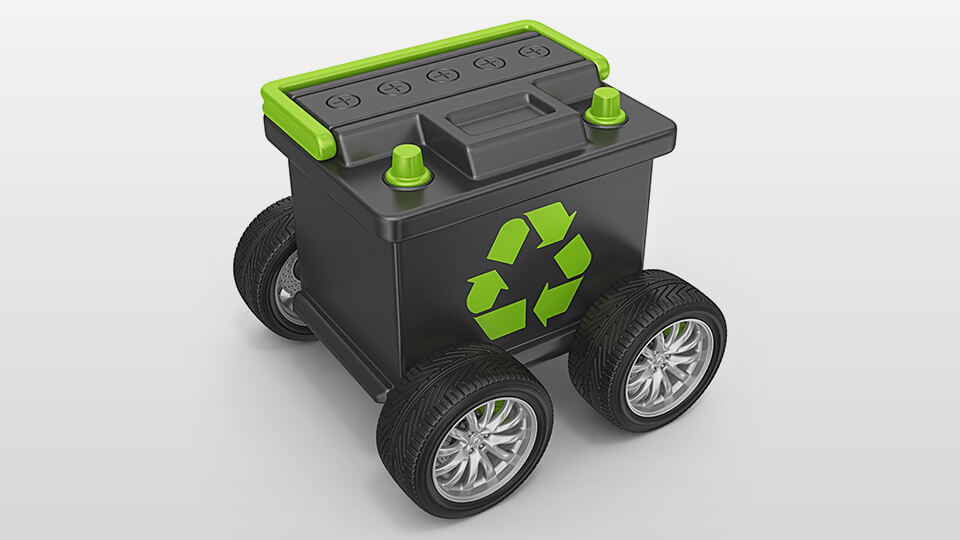Lithium demand is expected to quadruple in the next decade. Electric vehicle demand as well as Gigafactories, grid storage and e-scooters are all contributing to a fast-growing lithium battery market. Traditional methods of producing lithium are regarded as inefficient and expensive mainly due to the low recoveries of lithium from brines which can bring associated environmental and social impacts.
The current production method of lithium involves extraction from salt brines and building large ponds in which to house the brines. These are complex to build and can destabilize groundwater levels. At best these extraction methods recover only 55 to 70 per cent of the lithium contained in the brines resulting in significant losses of this valuable resource.
Joint Research Project
Ekos Research and the University of Melbourne have developed a new, environmentally conscious technology to produce high-purity lithium, developed by researchers from the Department of Chemical Engineering, led by Laureate Professor Dr Geoff Stevens AO and Associate Professor Dr Kathryn Mumford. The new technology returns a 99 per cent purity lithium product and with a processing time of 10 to 12 hours. It reclaims 95 per cent of the solvent and uses very little fresh water.
Dr Mumford, project director and lead for the University’s Advanced Separations Technologies Group, says providing an environmentally safe, efficient solution was a key driver.
“Batteries are seen as a way to combat global warming by storing energy from green low carbon sources such as solar, wind and wave power. But you can’t have all these successes without having an impact somewhere else. In the take-up of battery power, there is a real risk of having a massive impact and causing future problems for places we don’t see every day, like the salares in the mountains of Argentina and Chile”.
The new technology is more environmentally friendly and cost effective in extracting lithium than conventional production methods. Ecobatt, continues to monitor new technologies to understand the economics of lithium extraction, as well as adding to the conversation on how best to extract lithium from recycled battery products.





